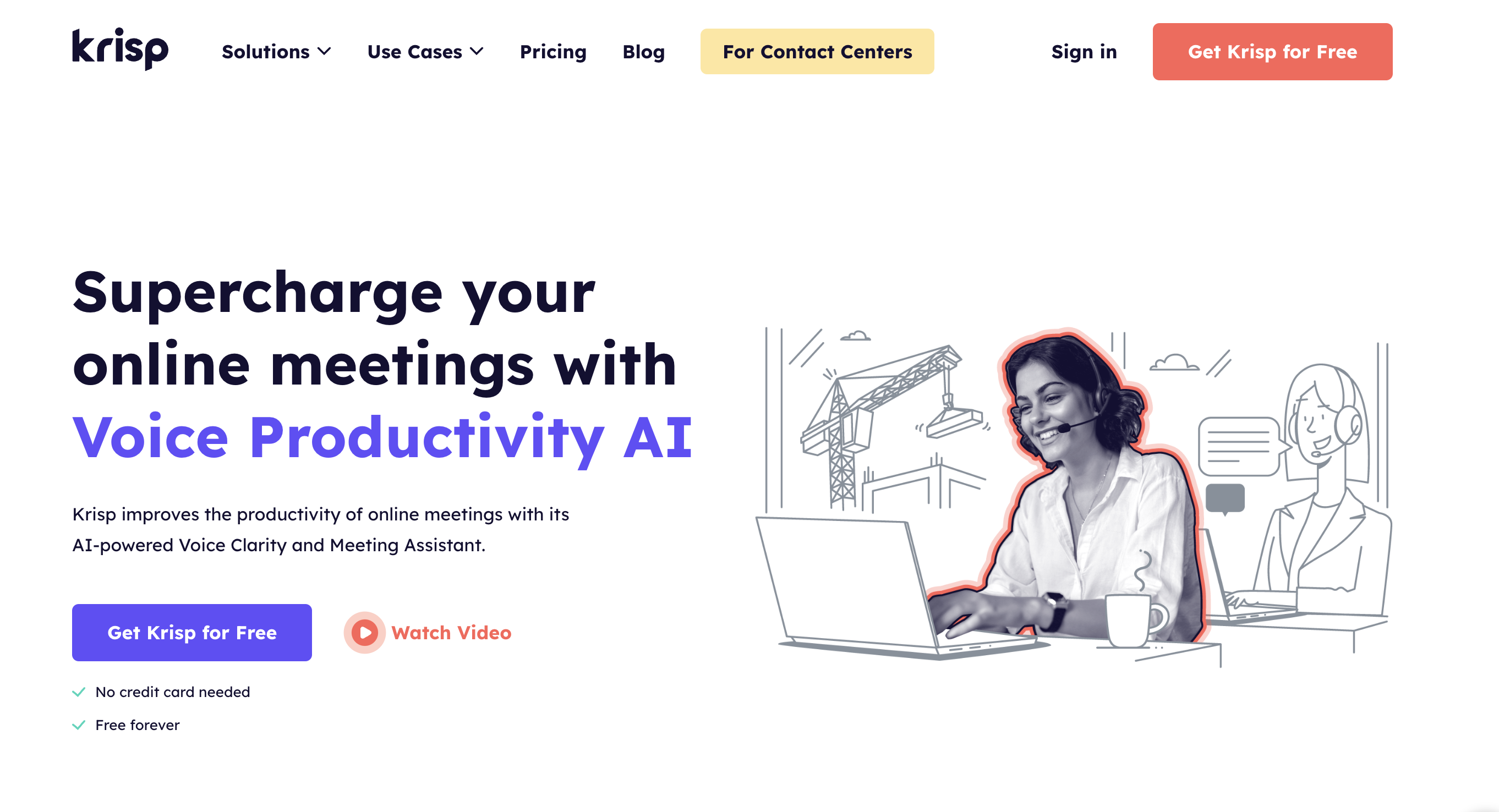
Welcome back.
Today we bring you news on what tests the British government are doing to use when passing new AI laws, plus details on how AI will be used in cars.
So let’s take a look at what’s featured in our latest edition..
Today's Edition
📰 UK government to publish ‘tests’ on whether to pass new AI laws
The UK government is on the brink of unveiling a set of criteria for legislating artificial intelligence (AI), marking a cautious approach to AI regulation compared to global counterparts. This initiative is in response to the rapid development of AI technologies by major companies such as OpenAI and Google. The criteria will outline conditions under which the government might intervene, particularly if the newly established AI Safety Institute fails to adequately identify risks or if AI companies breach voluntary harm reduction commitments.

Internationally, the approach to AI regulation varies. The European Union has implemented a comprehensive AI Act, while the United States, under President Joe Biden, mandates AI companies to address security and privacy concerns. China emphasizes content control in its AI development guidelines. The UK, however, is aiming for a lighter regulatory touch to avoid stifling the industry's growth.
This strategic direction forms part of the government's response to a consultation on a white paper proposing AI oversight by existing regulators like Ofcom and the Financial Conduct Authority. Last November, leading AI firms pledged at the inaugural global AI Safety Summit to allow the UK's AI Safety Institute to assess their models prior to release. However, the specifics of these assessments and the level of access granted to the Institute are not yet clear.
Critics, including AI experts, question the reliance on voluntary commitments from AI companies. Michael Birtwistle from the Ada Lovelace Institute argues that without strong regulatory incentives, companies might not adhere to these commitments if market dynamics change.
In its response to the initial AI white paper, the UK government plans to ensure that any legislative actions balance risk mitigation with innovation. Resistance from AI companies to updates in voluntary agreements could also prompt legal measures. The government is working with regulators to establish necessary safeguards, reflecting its proposed framework.
📰 How will Artificial Intelligence be used in cars?
The Consumer Electronics Show (CES) in Las Vegas, traditionally a hub for the latest in computer and consumer electronics, is increasingly being dominated by car manufacturers showcasing innovative technologies. In a notable development, Volkswagen (VW) has announced plans to incorporate the AI chatbot ChatGPT into its IDA-capable models, spanning both electric and combustion engines.
Despite VW's previous struggles with digitalization in their vehicles, the bulk of the development for this integration is expected to be handled by Cerence, a Massachusetts-based company renowned for serving top automotive brands like Ford, Mercedes-Benz, and GM. This marks a significant step for VW in joining the ranks of these prestigious automakers.
Voice control in vehicles is not a new concept, with systems like Google Automotive OS already providing competent service in brands like Volvo and Renault. However, Cerence's AI system aims to advance this technology by better understanding natural speech, reducing the frequency of the common error message, "I didn’t understand that, please repeat!".
The advanced system allows users to issue commands such as starting the car or opening the trunk simply by speaking as they approach the vehicle. This functionality necessitates specialized security features to mitigate the risk of unauthorized access. While it remains unclear how far VW will venture in this domain, the integration of ChatGPT is expected to enable more natural interactions with the vehicle, enhancing user experience while maintaining privacy through anonymization.
Dominik Wee, Corporate Vice President at Microsoft, highlights the transformative potential of generative AI in car interactions. Cerence's collaboration with Microsoft, which began earlier this year, suggests a possible Microsoft involvement in VW's venture. The overarching goal of these AI-supported voice functions is to reduce driver distraction and improve understanding of linguistic nuances. However, whether the novelty of a ChatGPT-like conversation feature will significantly influence consumer purchase decisions, particularly with a German integrator, remains to be seen.
🗣 AI “Quote of the Day”
"In the blend of ancient lore and new-born AI's gleam, we navigate, with wisdom's stars above, towards tomorrow's dream."

Created with ChatGPT / DALL-E
🚀 AI Tech Spotlight
🔍 Krisp - Your AI-powered assistant for meetings and calls
Krisp.ai is an AI-powered noise cancellation app designed to enhance productivity in meetings and calls. It features AI Voice Clarity technology for background and noise cancellation, echo reduction, and accent localization. The AI Meeting Assistant includes meeting transcription, notes, and audio recording capabilities. Krisp is used across various platforms and is highly valued for remote and hybrid work environments, aiming to improve communication clarity and reduce distractions. The app is recognized for its effectiveness by numerous global brands and has received several accolades in digital workplace programs and applications.
🗓 On This Day In History
1968: American singer and songwriter Johnny Cash recorded the album Johnny Cash at Folsom Prison in front of an audience of some 2,000 inmates at California's Folsom Prison.


